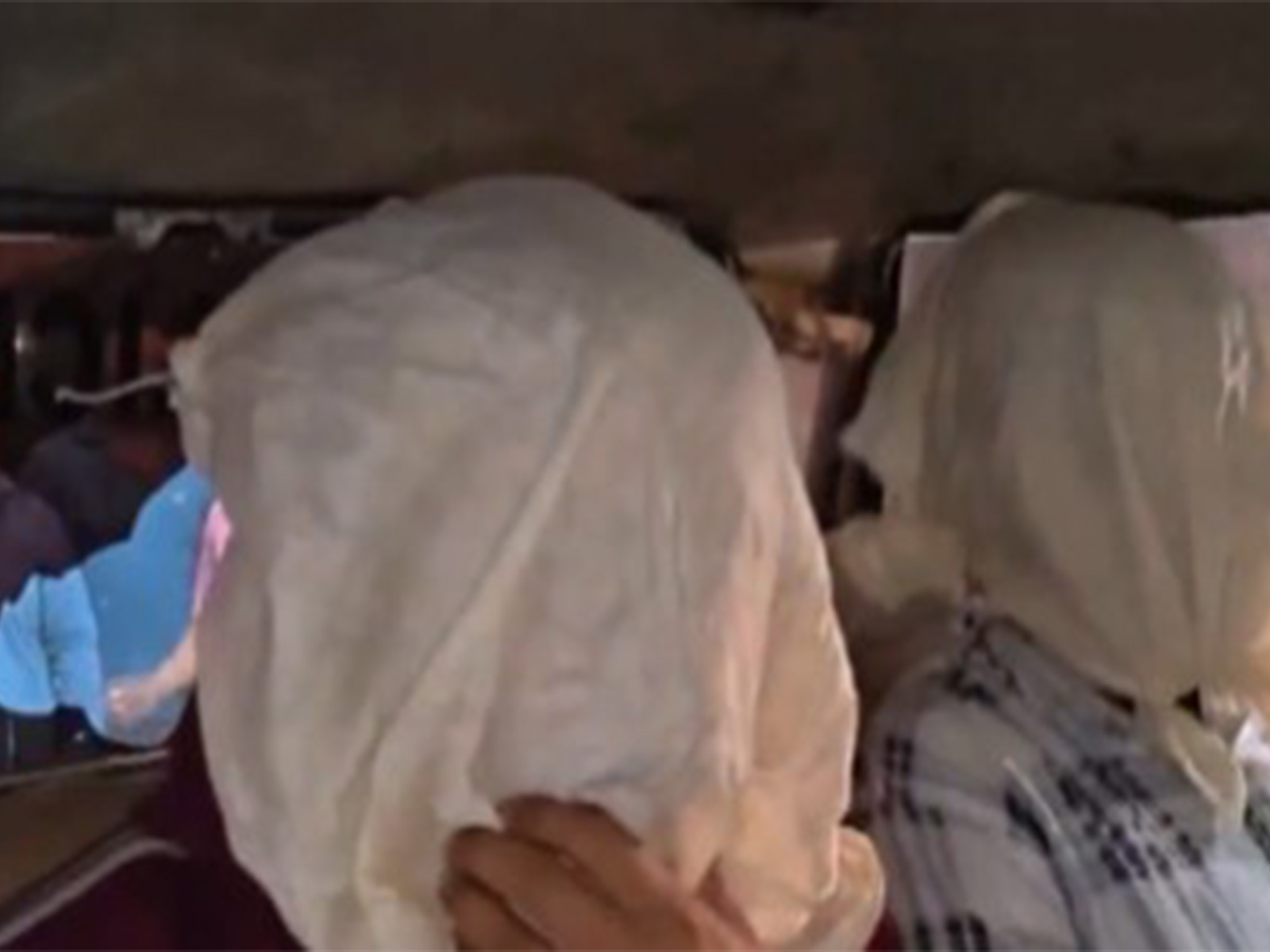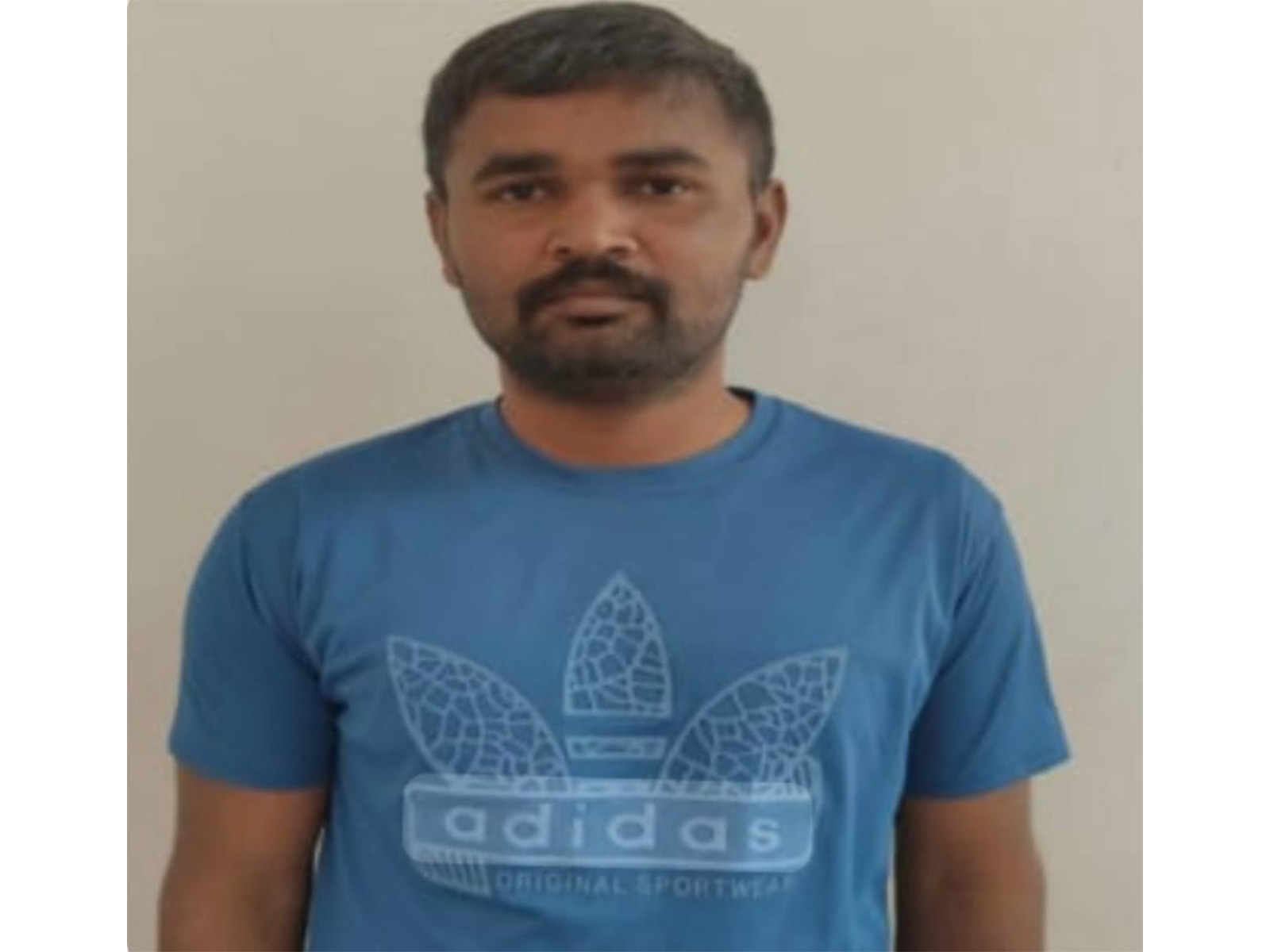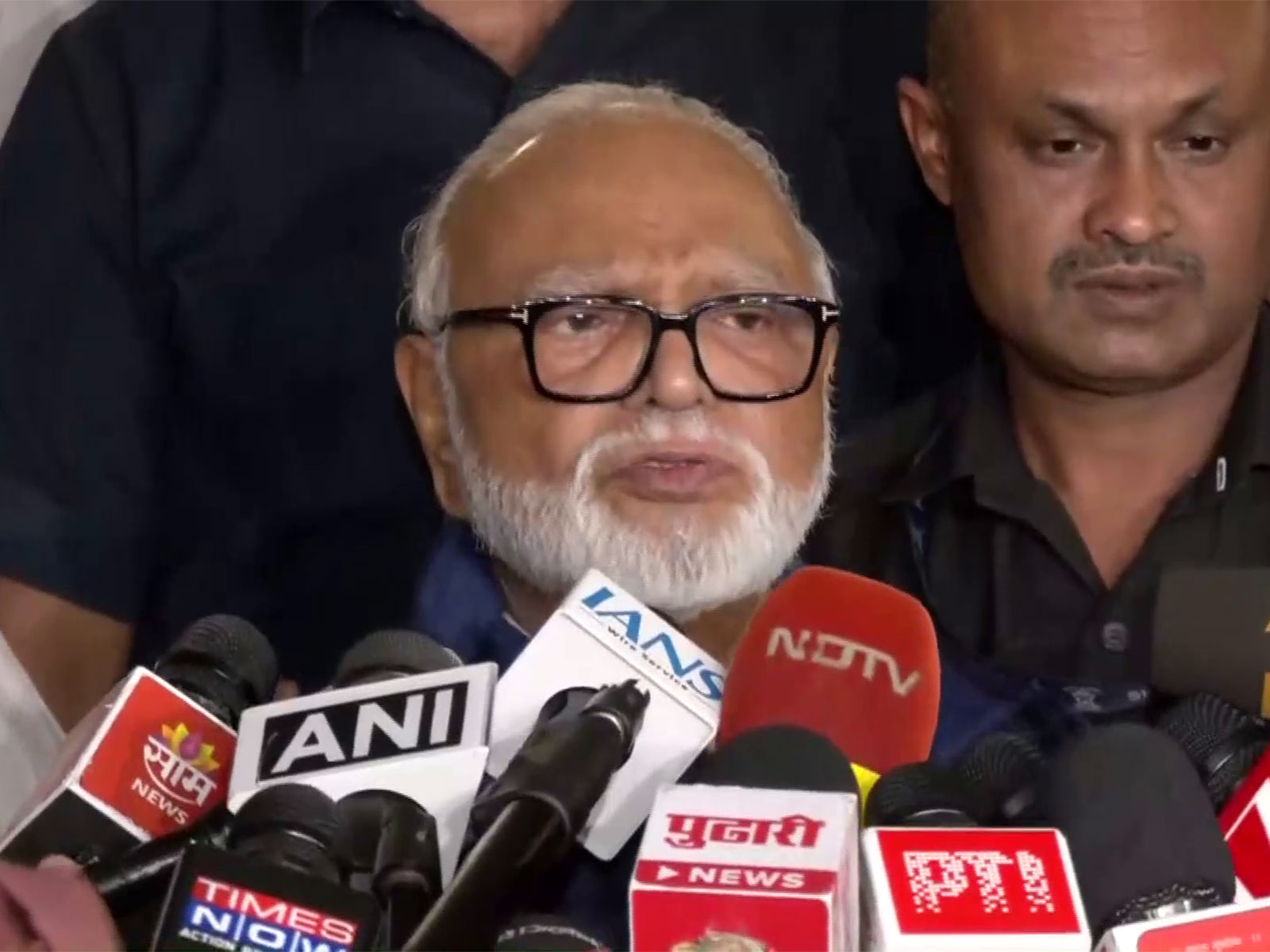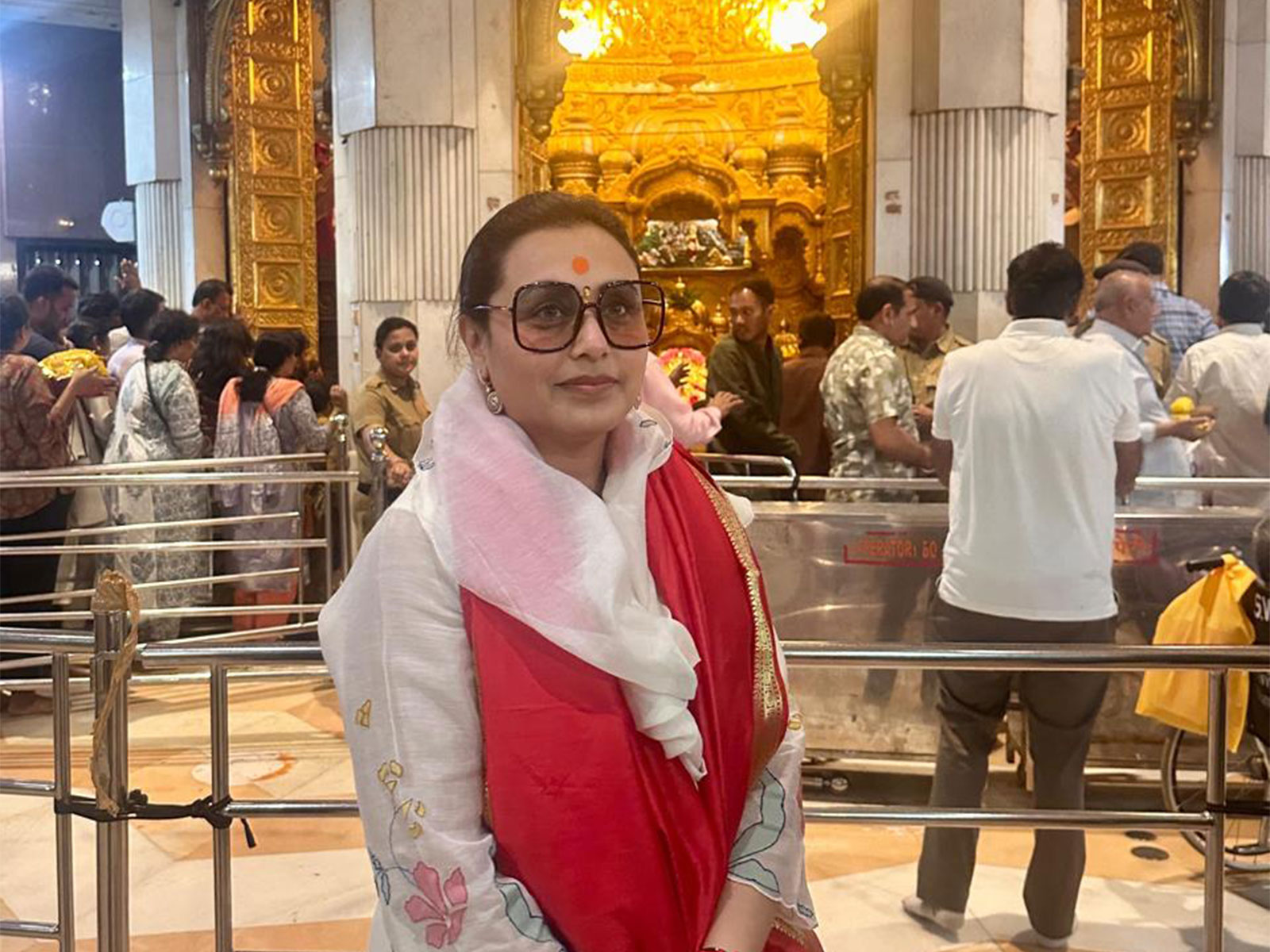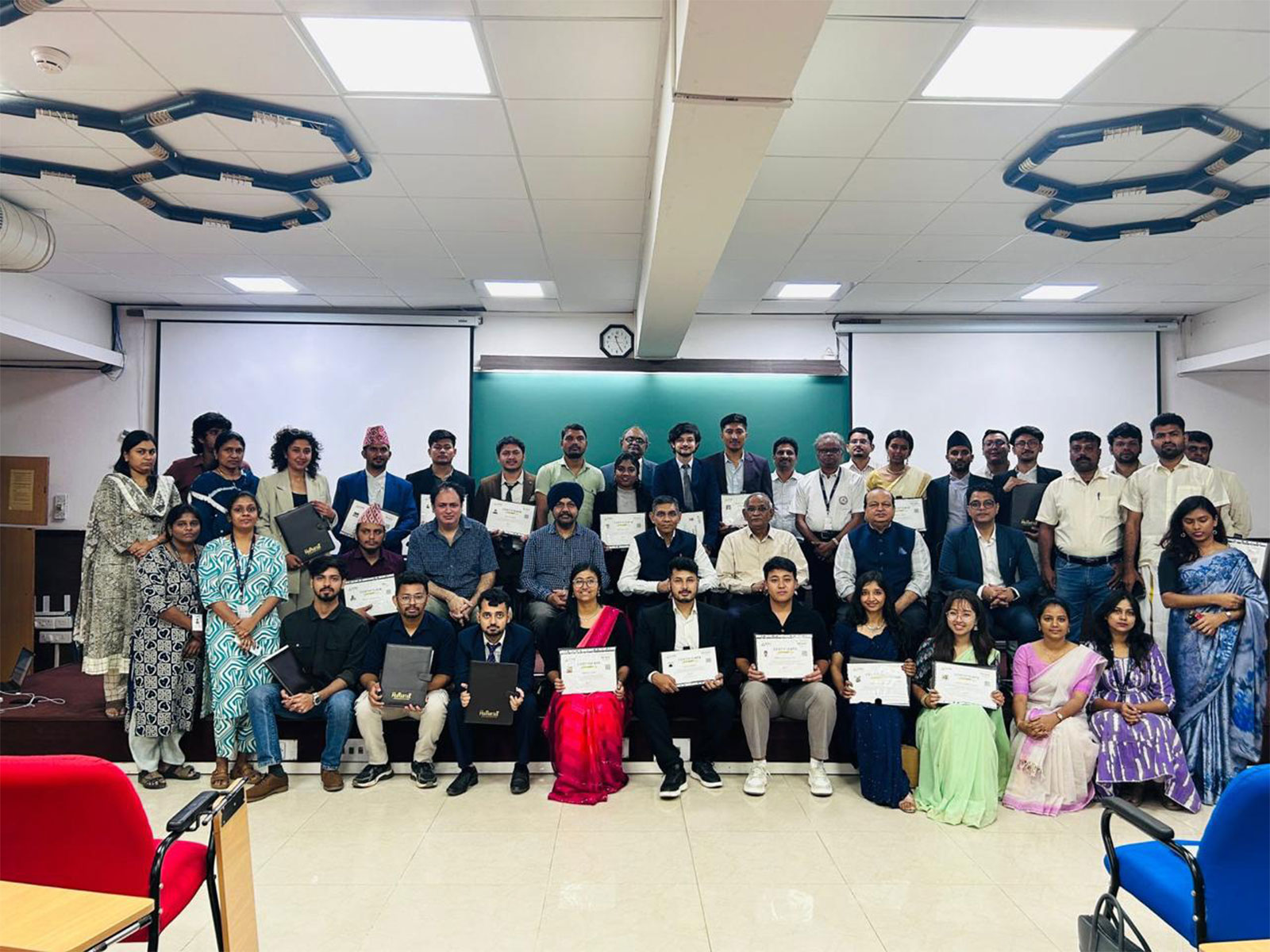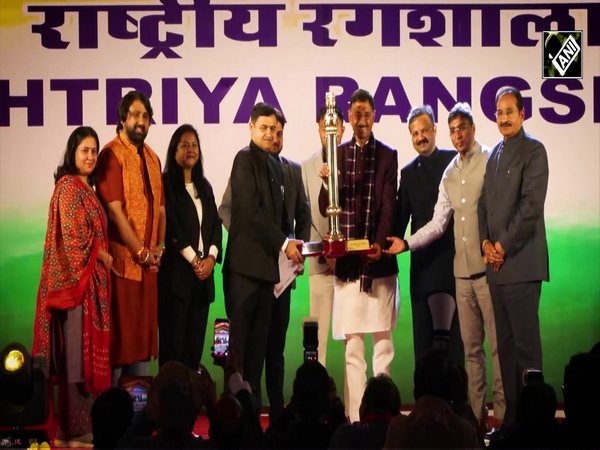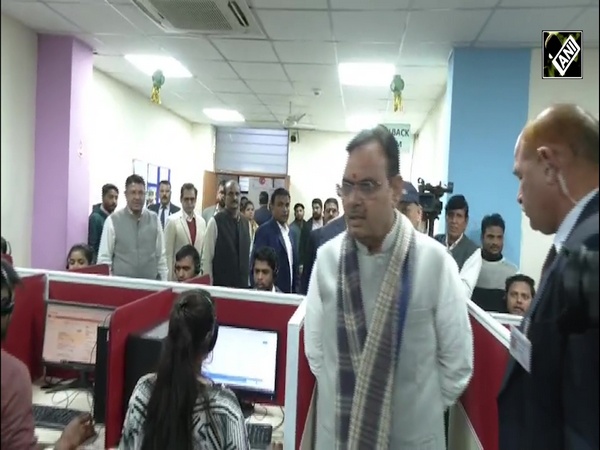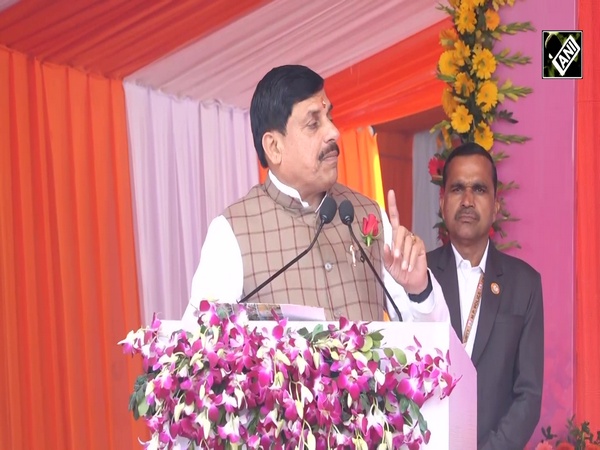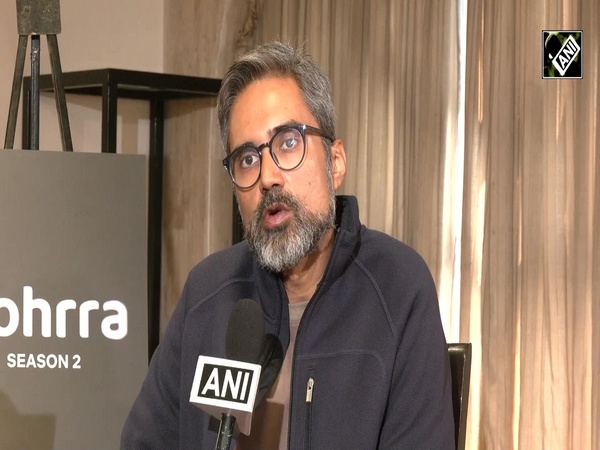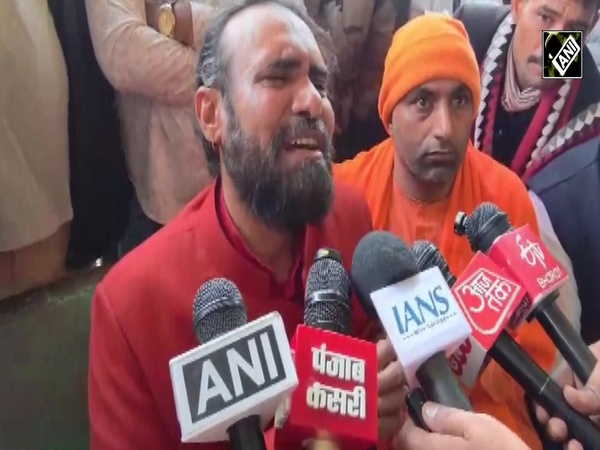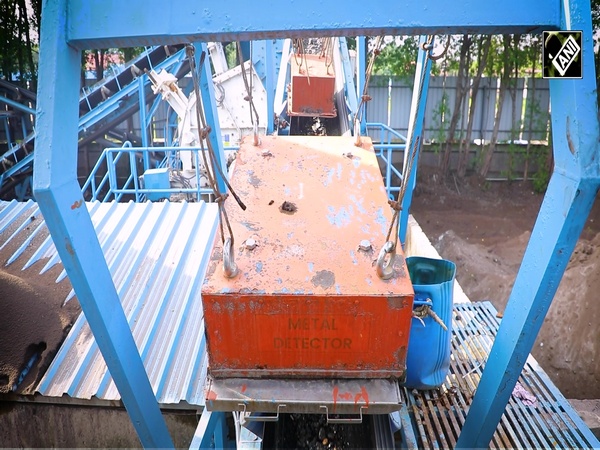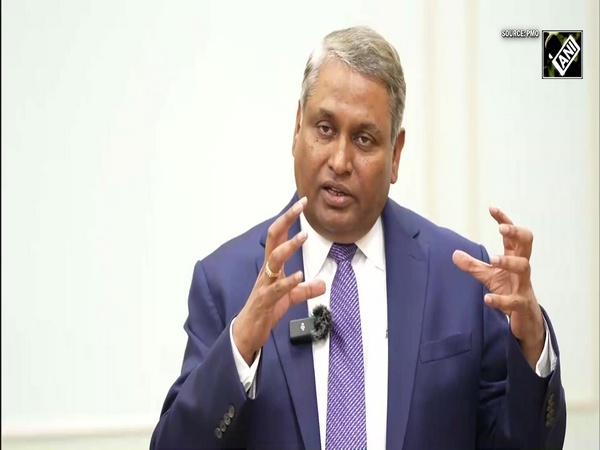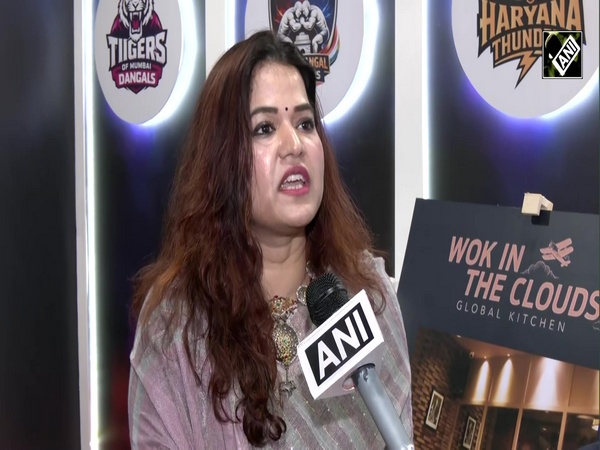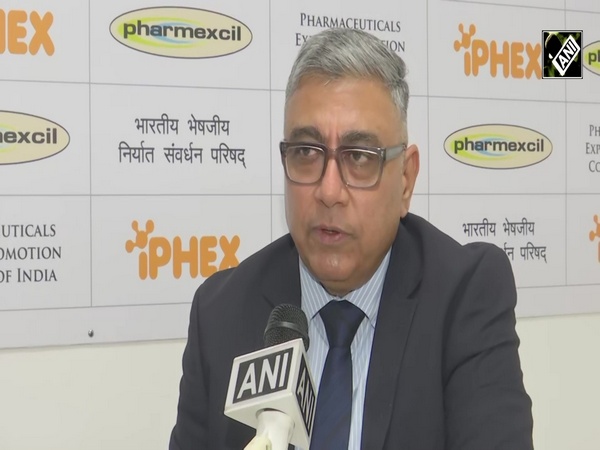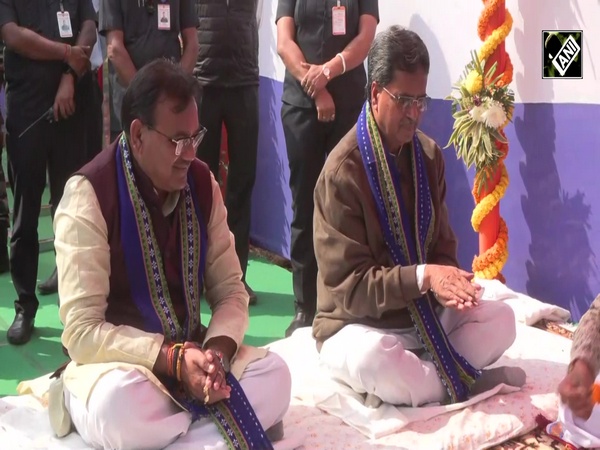New coronavirus mutants seem to be undetectable by RTPCR tests: Dr Souradipta Chandra
Apr 23, 2021

New Delhi [India], April 23 : Some new mutants of coronavirus seem to be undetectable by RTPCR tests, said Dr Souradipta Chandra, consultant physician at Delhi's Helvetia Medical Centre on Friday.
Speaking to ANI, Dr Chandra said the new varieties of coronavirus are seen to be causing new symptoms also.
"New mutant seems to be undetectable by RT-PCR test. I believe there are double and triple mutant varieties that have been discovered and due to change in structure, RT-PCR tests are unable to detect them. New varieties seem to cause new symptoms," he said.
"We're seeing patients with diarrhoea, abdominal pain, rashes, conjunctivitis, confusion state, brain fog, bluish discolouration of fingers and toes, bleeding through nose and throat apart from usual symptoms of sore throat, body ache, fever, loss of smell and taste," Dr Chandra said.
The physician asked people to avoid all crowded places including testing labs as the new strain of virus "seems to be extremely contagious."
"Unfortunately all labs are overloaded. We have a backlog of patients. Looking at the sudden rise in cases, labs in the city are not equipped to take such a huge load. I would advise people to stay away from crowded centres, as wherever there is a crowd, there is a chance of spreading. The new mutant seems to be extremely contagious and spreads very easily," he said.
Quoting Lancet's report, Dr Chandra said that the new coronavirus is also airborne. "So crowded places like labs, where people are taking out masks for tests are a great risk. In fact, all crowded spaces are a great risk," he added.
The doctor said the second wave of the pandemic in India is "way dangerous than the first wave".
"Our healthcare infrastructure is not up to date to handle the load. Unfortunately, as you have seen we have run out of oxygen, beds and essential medication. At this stage we are trying to figure out which direction the virus is going in terms of complication. We'll get to know that in few weeks," he added.
Dr Chandra added that the mortality rate seems to be increasing as compared to the last wave.
"But I would be cautiously optimistic to say that mortality rate is in control, as a majority of patients are going back home and healing well. But people should avoid unnecessary travel. In a few more weeks we will hit a peak and we'll come into a plateau, then travel. At this point, people should avoid all crowded places as it will lead to spread," he said.
